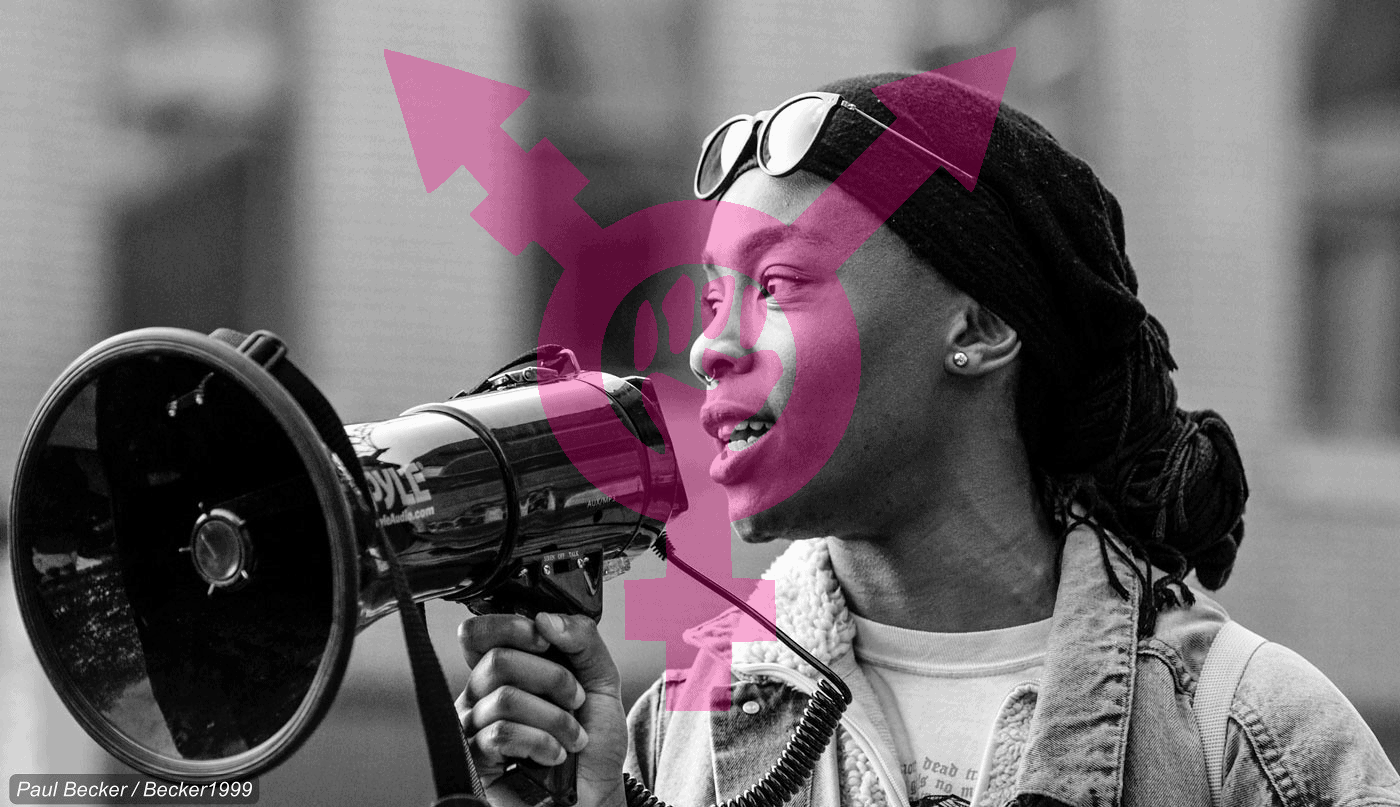
Image by Neto Baldo
Rebecca Traister wrote an article for the most recent issue of NY Magazine called “The Game Is Rigged,” or “Why sex that’s consensual can still be bad.” Traister argues that “consent” has been over-billed as the magic, empowering, feminist bar for sex, all while smothering of questions about the actual quality of the sex.
Consent is too low of a bar, Traister writes, because sex is political. Women consent to sex for complicated reasons involving uneven power structures like male sexual entitlement. And the sex that is had after that point of consent is frequently of bad quality. Reina Gattuso, another female columnist, is quoted describing the kind of consensual sex where women “don’t say no, when we’re even into it, but where we fear…that if we did say no, or if we don’t like the pressure on our necks or the way they touch us, it wouldn’t matter. It wouldn’t count, because we don’t count.”
“God help us,” Traister concludes, “if the best we can say about the sex we have is that it was consensual.”
The Game Is Rigged
“The Game Is Rigged” is the beginning of a necessary conversation, but not necessarily for the reasons Traister is proposing. The issues of consent and quality sex should indeed be separated, but partly because they are somewhat distinct issues.
Traister loosely details three kinds of sex, all of which fall roughly along a scale: no consent (rape), debatable consent (sex when “yes doesn’t mean yes”), and consensual sex. But definitively nonconsensual sex—rape with no blurred lines or unclear gray areas—is often not about sex at all. Studies have shown that this sort of sexual violence is frequently about power and control rather than lust.
I don’t believe it makes sense to abstract from that, as is often done, to say rape is never about sex, and always about power. Rape is sometimes about sex, sometimes about power, and sometimes both. But I don’t find it valuable to talk about nonconsensual sex here because it’s not a debated issue; everyone agrees that it’s wrong.
Now, debatable consent is something different.
The Smudgy Margins Of Consent
“The Game Is Rigged” moves on to discuss the “smudgy margins” of consent—those which are “debatably agreed upon…to which women consent “for complicated reasons.” These are usually coercion situations, or situations where both consent and alcohol are involved. Women say yes, but don’t mean it, or mean it, then regret it, or say yes because they’re afraid or unequipped to say no.
The concept of debatable consent is complicated. Coercion is different than roofies and dark alleys in part because the methodology is different but also largely because the factors and structures involved are different. When does yes not mean yes? What makes consent debatable? Who is debating?
Perception-altering substances make consent debatable—but some women have positive sexual experiences while under the influence. Their experiences are valuable, too. And what about men who are under the influence—are their drunken ‘yes’es debatable, too? Or is that like reverse racism, where power structures prevent someone from truly being oppressed?
I doubt it. It is difficult for me to believe that all debatably-consenting sex is the fault of a horny Greater Patriarchal Structure. I have had my fair share of dubious sexual experiences. Given my intoxication level during and prior to many of them, they would probably have been considered rape by a trial of feminists and technically the laws in several states. Mostly, though, I’ve woken up the next day cringing at how I allowed booze to blur my own judgment.
I couldn’t have blamed the equally intoxicated boy, too stupefied himself by drink to even notice my own inability to “properly consent.” Is that taking advantage? Arguably, I suppose, but it seems like neither of us was in a position to exercise good judgment.
Sober women are too insecure to say no if they are uninterested. Wives forlornly accept their marital duty. Drunk women say yes, emphatically, but are too shy to insist on a condom. I would have definitely said yes before I was drunk, but I didn’t say yes afterwards. One man playfully cajoles and coaxes and one woman agrees because she wanted to be courted, but the next woman caves because she feels pressured.
When does a ‘yes’ count as a no, and how can we expect young, drunk, and inexperienced men to know the difference?
Women Are Complicit
The point is: women are complicit in coercion, too. Maybe I’ll be crucified as a bad feminist for saying that, but I think it’s true.
To say that women are complicit is not to minimize patriarchy. It is not to minimize sexual violence or assault or date rape. Those things are very real, and very traumatic, and they operate on a multi-tiered scale that infiltrates every level of our civilization. Sexual domination of women is portrayed and OK’d by TV and movies and commercials, questioned and dismissed by law enforcement agents and court systems and the media, and embedded surreptitiously and inescapably in everyday conversations with our peers. These thing are real, and they influence our behavior.
Still, though male sexual entitlement is pervasive, female insecurity is a powerful force in and of itself. That insecurity may be a product of that entitlement but is nevertheless separate from it. It is the result of near-constant inundation of images of unattainable female beauty standards from the media and society at large. It is the result of patriarchy. It is a result of racism and insecurity and fear of sexual violence. But it is not the same as any of those things.
The reflex to submit to non-violent coercion is socially conditioned. The female instinct to bow to male desire can be deeply ingrained, but it can also be overthrown.
Your Own Two Hands
Women really do themselves a disservice by relinquishing their power over their own sex lives to the inevitabilities of The Patriarchy. It took me years to figure out how to say No in a way that was meaningful—which means that it is an uphill battle for some women, but it is also a tool that can be learned.
This is not about sexual violence, but rather about quality sex, or potentially-consensual sex in gray areas or smudgy margins. The sex may be bad because The Patriarchy doesn’t give a damn whether or not you’re having good sex, but it’s still up to you to change that.
Good men are bad or thoughtless lays because the entire entertainment industry, including but certainly not limited to porn, has convinced them that they don’t really have to try that hard. Men who cross those blurry lines frequently don’t even know that what they’re doing is wrong (society sure isn’t teaching them in a hurry) and women too frequently don’t tell them.
So if you’re having bad sex, be vocal about it! Educate your man; even if it is just a one night lay, the next woman might thank you. Silently accepting less, and then blaming the greater system, does nothing for you or your sisters still on the wrong side of the orgasm gap.




